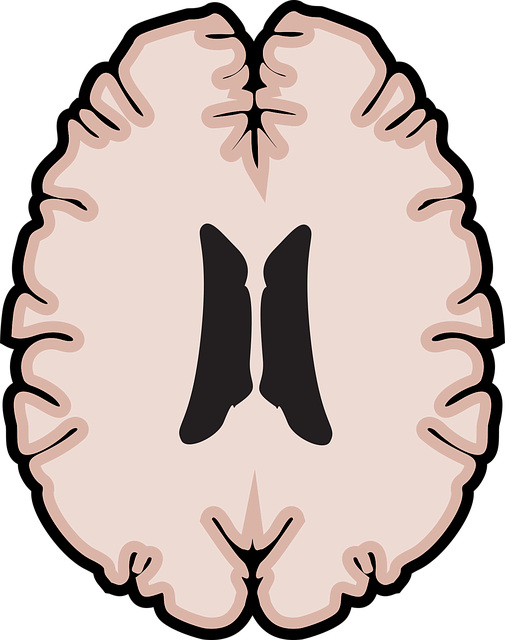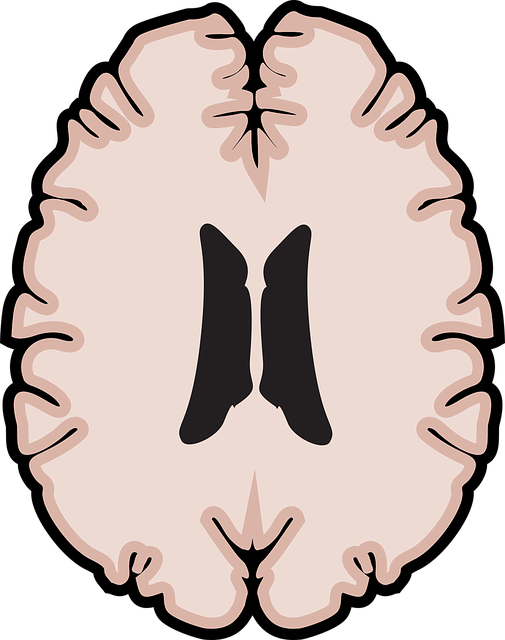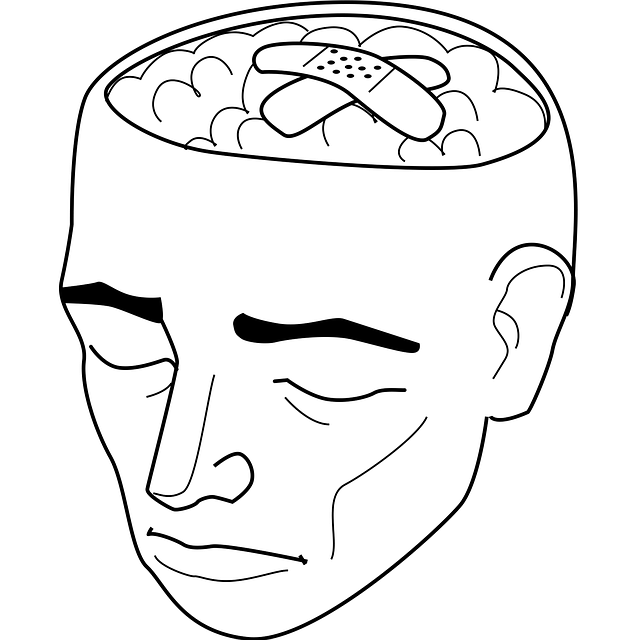Aurora American Sign Language Therapy (AASLT) is revolutionizing mental healthcare by addressing critical disparities, especially in serving deaf and hard-of-hearing individuals. Despite growing awareness of mental health issues, the US struggles with equitable access to care, with urban-rural divides and insufficient resources for diverse communities. AASLT's holistic approach, incorporating ASL into therapy and a dedicated podcast series, empowers clients through self-awareness and stress management. Policy advocacy is key to addressing these gaps; focusing on accessible treatments like AASLT, community outreach, and compassion cultivation can drive mental health as a public priority, ensuring everyone has the tools to thrive.
Mental health policy advocacy is a powerful tool for driving positive change in healthcare systems. This article explores key aspects of mental health policy analysis, offering insights into the current landscape and innovative solutions. From understanding foundational policies to identifying critical gaps, we analyze strategies for improvement.
Highlighting the unique benefits of Aurora American Sign Language Therapy provides a model for enhanced access and inclusion. By examining barriers and advocating for evidence-based practices, we aim to inspire transformative actions in mental healthcare.
- Understanding Mental Health Policy: A Foundation for Advocacy
- The Current State of Mental Healthcare in America
- Aurora American Sign Language Therapy: A Unique Approach to Access and Inclusion
- Analyzing Policy Gaps and Barriers to Mental Health Services
- Effective Advocacy Strategies for Positive Change
Understanding Mental Health Policy: A Foundation for Advocacy

Mental health policies are a cornerstone of any society’s well-being, shaping the support and services available to individuals facing mental health challenges. Advocacy plays a vital role in pushing for change and ensuring these policies are effective and inclusive. By understanding the current landscape and identifying gaps, advocates can drive progress towards more comprehensive care.
At Aurora American Sign Language Therapy, we believe in the power of Self-Awareness Exercises and Stress Management techniques as part of a holistic approach to mental wellness. Our Mental Wellness Podcast Series Production aims to highlight various aspects of mental health, offering valuable insights for individuals seeking support and for advocates working towards policy reform. By raising awareness and promoting open conversations, we can create an environment where everyone has access to the resources they need to thrive.
The Current State of Mental Healthcare in America

In the current landscape, the United States is witnessing a growing recognition of the importance of mental health, with initiatives aimed at improving access to care and support. However, the nation still faces significant challenges in providing comprehensive mental healthcare services. The current state of mental healthcare in America is marked by disparities across regions, with urban areas like Aurora benefiting from more resources compared to rural communities. This gap highlights the need for tailored solutions that cater to diverse populations. For instance, Aurora American Sign Language Therapy plays a crucial role in ensuring accessibility for deaf and hard-of-hearing individuals, filling a critical void in mental health service provision.
Despite progress, many Americans struggle to access affordable and quality mental wellness services due to factors such as limited insurance coverage, high costs, and a shortage of specialized professionals. Trauma support services, particularly for hidden injuries like PTSD, remain underutilized despite their effectiveness in promoting resilience and recovery. Stress reduction methods, though widely sought after, often fall short of meeting the demand due to inadequate integration into primary care settings. As such, there is an urgent need for advocacy that pushes for policy changes, ensuring that mental health resources are not only accessible but also culturally sensitive, inclusive, and tailored to meet the unique needs of all Americans.
Aurora American Sign Language Therapy: A Unique Approach to Access and Inclusion

Aurora American Sign Language Therapy offers a unique and innovative approach to mental health support, focusing on sign language as a powerful tool for access and inclusion within the realm of therapy. By incorporating American Sign Language (ASL) into therapeutic practices, this initiative ensures that individuals who are deaf or hard of hearing can actively participate in their mental wellness journey. The use of ASL facilitates open communication, enabling clients to express themselves freely while developing essential coping skills and emotional regulation techniques.
This approach is particularly significant as it addresses the often-overlooked needs of the deaf community in mental health services. Through a dedicated Mental Wellness Podcast Series Production, Aurora aims to create an inclusive environment, providing resources that cater specifically to individuals who rely on sign language for communication. By promoting Emotional Regulation and Coping Skills Development tailored to this demographic, the therapy program empowers individuals to navigate their mental health challenges with enhanced self-expression and understanding.
Analyzing Policy Gaps and Barriers to Mental Health Services

Mental health policy analysis is a crucial step in identifying gaps and barriers that hinder access to quality care. In the United States, for instance, despite initiatives like the Aurora American Sign Language Therapy program, disparities persist in mental healthcare, particularly for minority communities and those facing economic hardships. Many individuals struggle to find affordable, culturally competent services tailored to their unique needs, such as emotional regulation techniques taught through programs like Mind Over Matter Principles.
Policy gaps often manifest as insufficient funding for mental health services, a lack of specialized professionals, and inadequate insurance coverage. These barriers create a complex web that traps many in cycles of unmet need and exacerbates existing inequalities. Effective advocacy requires a comprehensive understanding of these challenges to drive meaningful change and ensure everyone has access to the emotional support and regulation tools they deserve.
Effective Advocacy Strategies for Positive Change

In advocating for mental health policy change, particularly focusing on accessible and effective treatments like Aurora American Sign Language Therapy, strategic approaches are key. One potent strategy involves building strong Community Outreach Program Implementations. By bringing therapy directly to communities, especially those underserved, advocates can ensure more individuals receive the care they need. This not only improves mood management but also fosters a sense of belonging and support.
Additionally, incorporating compassion cultivation practices into advocacy efforts can lead to profound positive change. Encouraging policy makers to prioritize mental well-being as an integral part of public health initiatives, rather than a secondary concern, requires empathy and understanding. By showcasing the tangible benefits of programs like Aurora ASL Therapy, which caters to diverse needs with unique approaches, advocates can cultivate a more compassionate environment where mental health is a priority for all.
Mental health policy analysis and advocacy are crucial steps towards creating a more inclusive and accessible system. By understanding the current landscape, identifying gaps, and employing effective strategies, we can drive positive change. The case of Aurora American Sign Language Therapy highlights the power of innovative approaches to enhance mental healthcare, ensuring no community is left behind. Through continued analysis and advocacy, we can work towards a future where everyone has equal access to quality mental health services, fostering a more supportive and understanding society.













